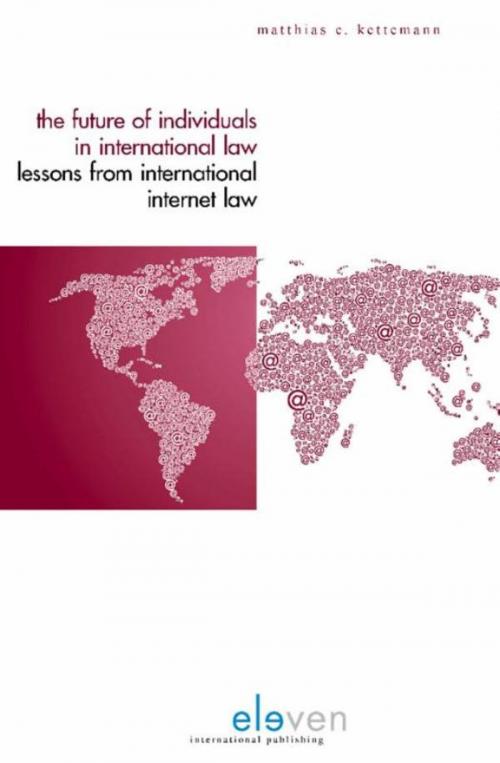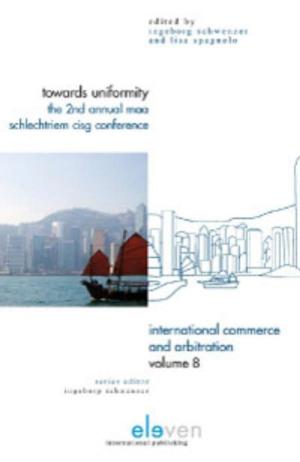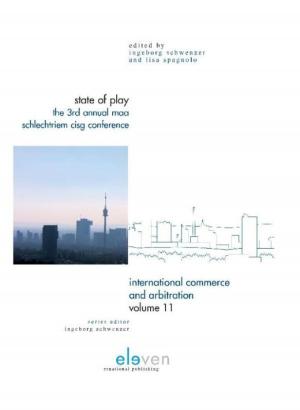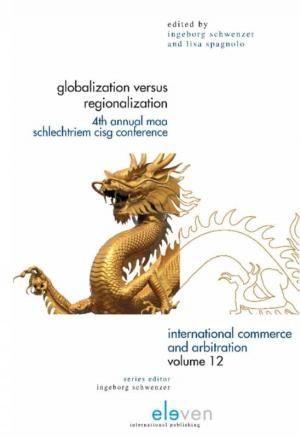The future of individuals in international law
lessons from international internet law
Nonfiction, Reference & Language, Education & Teaching| Author: | Matthias C. Ketteman | ISBN: | 9789460946721 |
| Publisher: | Boom uitgevers Den Haag | Publication: | April 11, 2013 |
| Imprint: | Eleven international publishing | Language: | English |
| Author: | Matthias C. Ketteman |
| ISBN: | 9789460946721 |
| Publisher: | Boom uitgevers Den Haag |
| Publication: | April 11, 2013 |
| Imprint: | Eleven international publishing |
| Language: | English |
The state-centric international order is in flux and the role of the individual as an actor in international law is growing. Yet in most international law regimes, states continue to interposition themselves between individuals and international law. Against the background of humanization which is shown to permeate all international legal regimes, this book sketches the future of individuals in international law. From the normative success of International Internet Law as the most innovative post-interposition regime this book draws lessons for the optimal design of (existing and emerging) legal frameworks. Describing in detail the characteristics of a post-interposition regime, including a commitment to multistakeholderism, non-traditional normative instruments and system-wide disintermediation, this book demonstrates why the future of individuals in international law looks bright.
The state-centric international order is in flux and the role of the individual as an actor in international law is growing. Yet in most international law regimes, states continue to interposition themselves between individuals and international law. Against the background of humanization which is shown to permeate all international legal regimes, this book sketches the future of individuals in international law. From the normative success of International Internet Law as the most innovative post-interposition regime this book draws lessons for the optimal design of (existing and emerging) legal frameworks. Describing in detail the characteristics of a post-interposition regime, including a commitment to multistakeholderism, non-traditional normative instruments and system-wide disintermediation, this book demonstrates why the future of individuals in international law looks bright.















